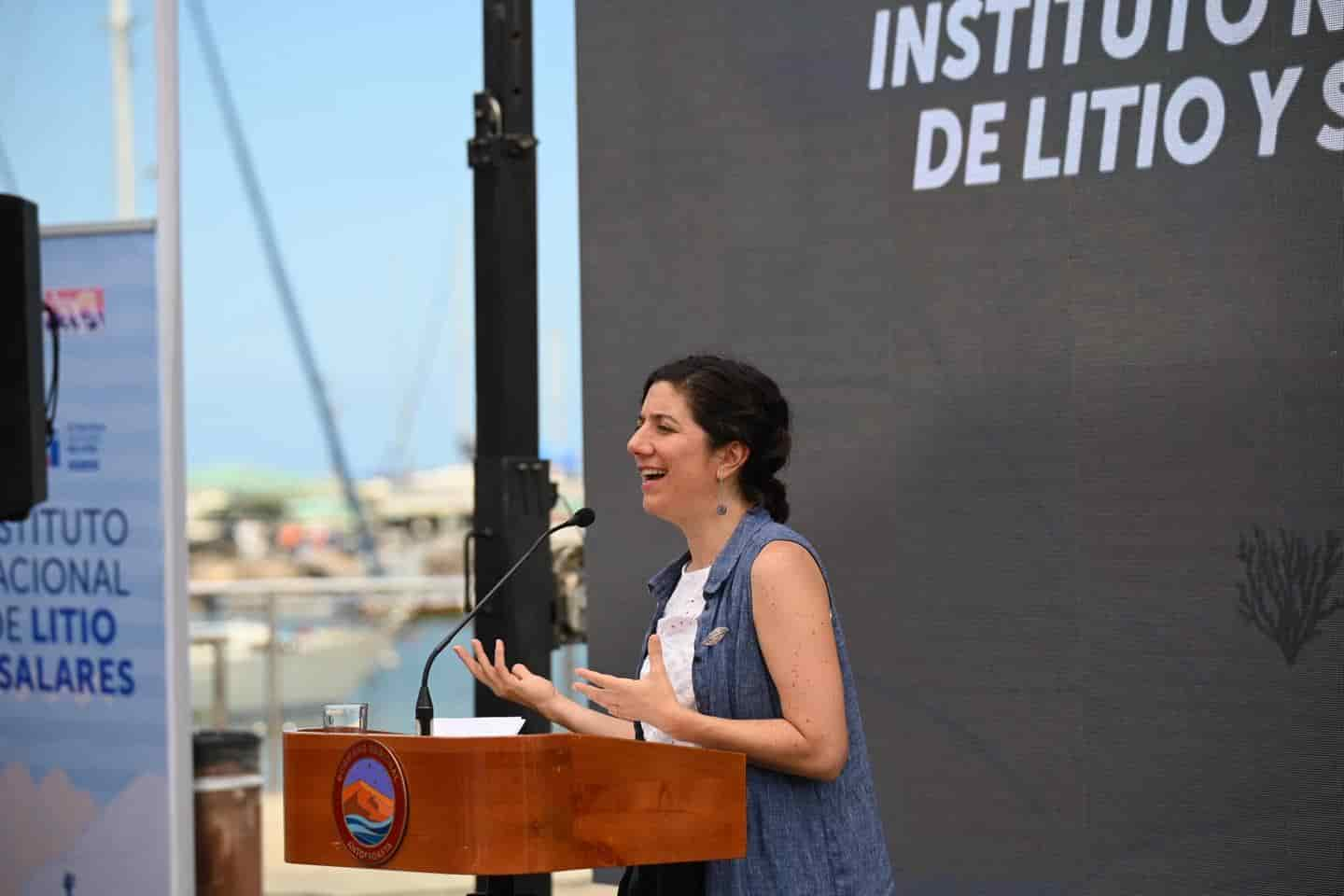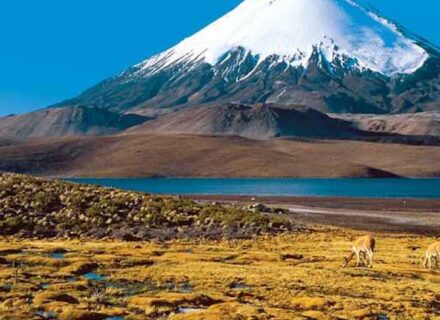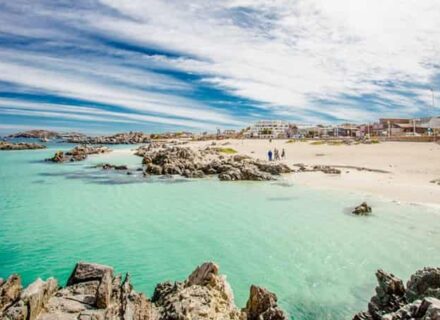Chile has taken a major step in advancing its position as a leader in the global lithium industry with the official establishment of the National Lithium and Salt Flats Institute. This groundbreaking initiative was unveiled by the Ministers of Science, Mining, and Environment, alongside top executives from the Chilean Economic Development Agency (CORFO). The institute is the first of its kind in the country and marks a significant milestone in Chile’s commitment to sustainable lithium development.
A Private Non-Profit for a National Mission
The National Lithium and Salt Flats Institute has been formed as a private non-profit corporation. Its founding members include the Ministry of Science, the Ministry of Mining, the Ministry of Environment, and CORFO. The institute will operate from its headquarters in the Antofagasta Region, with an additional office in Atacama, aligning with the National Lithium Strategy to ensure regional engagement and impact.
The institute’s primary mission is to generate, apply, and disseminate knowledge, technology, and information to foster sustainable development across the lithium value chain. This initiative reflects Chile’s strategic vision to balance industrial growth with environmental stewardship and community well-being.
Key Objectives and Research Areas
The National Lithium and Salt Flats Institute will focus on various cutting-edge research areas, including:
- Innovative Lithium Extraction Methods
Developing advanced techniques to extract lithium from brine more efficiently and sustainably. - Specialized Battery Applications
Exploring new uses for lithium in batteries beyond traditional applications. - Recycling and Material Recovery
Investigating methods to recover and reuse materials associated with the lithium industry’s value chain. - Biodiversity and Environmental Impact
Conducting comprehensive studies on the biodiversity of salt flats, modeling the impacts of lithium mining on these ecosystems, and developing efficient monitoring systems. - Socio-Environmental Balance
Addressing social and environmental conflicts, studying the relationship between lithium mining and territorial development, and evaluating emerging technologies for their socio-environmental effects.
The institute also aims to enhance the understanding of the socio-cultural impacts of lithium mining and promote knowledge exchange through citizen science programs. These initiatives will connect science and technology with local communities, ensuring that the benefits of innovation are widely shared.
Founding Members and Leadership
The National Lithium and Salt Flats Institute brings together a diverse group of stakeholders. Key figures in its establishment include:
- Aisén Etcheverry, Minister of Science, Technology, Knowledge, and Innovation.
- Aurora Williams, Minister of Mining.
- Maisa Rojas, Minister of Environment.
- José Miguel Benavente, Vice President of CORFO.
- Ricardo Díaz, Regional Governor of Antofagasta.
- Miguel Vargas, Regional Governor of Atacama.
The institute’s board of directors comprises representatives from its founding organizations, regional governments, and indigenous communities. This diverse leadership structure ensures that decisions are made inclusively, reflecting the perspectives of key stakeholders.
Preliminary Areas of Focus
The institute’s early efforts will target four primary areas:
- Salt Flats
Conducting in-depth research on the characterization and dynamics of salt flats. - Technology
Developing and evaluating new technologies for the sustainable exploitation of salt flats and the creation of innovative lithium products. - Communities
Investigating the socio-cultural impacts of lithium and salt flat industries on local populations. - Citizen Science
Promoting knowledge dissemination and community engagement through science education and collaboration.
A Collaborative Approach to Innovation
A hallmark of the National Lithium and Salt Flats Institute is its collaborative model. By integrating the expertise of scientists, industry leaders, policymakers, and local communities, the institute is poised to become a global leader in sustainable lithium innovation. Its creation is not only a response to the growing demand for lithium but also a testament to Chile’s dedication to responsible and inclusive development.
The Road Ahead
The establishment of the National Lithium and Salt Flats Institute is a pivotal step in advancing Chile’s National Lithium Strategy. By prioritizing sustainability, community involvement, and cutting-edge research, Chile is setting a global benchmark for the responsible development of its natural resources.
This initiative also positions Chile as a key player in addressing the challenges and opportunities of the global energy transition. As the world shifts towards renewable energy and electric mobility, lithium will play a crucial role, and Chile’s innovative approach ensures that its resources are managed wisely for the benefit of current and future generations.
With the National Lithium and Salt Flats Institute leading the charge, Chile is not just mining lithium — it is mining knowledge, innovation, and sustainable progress.



